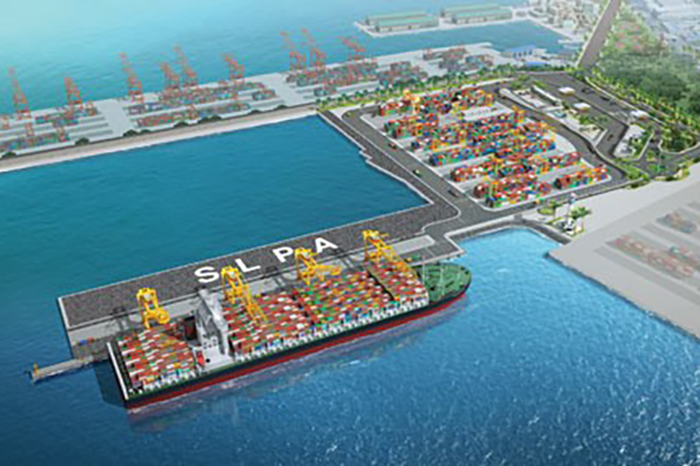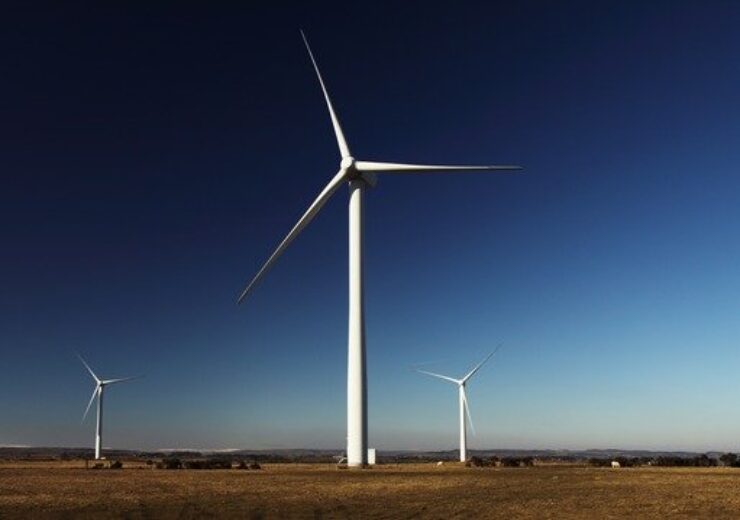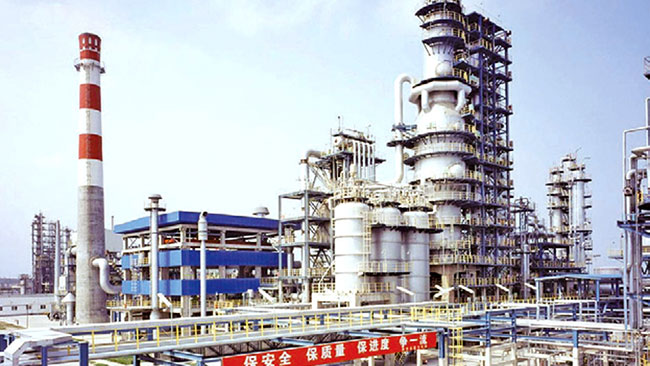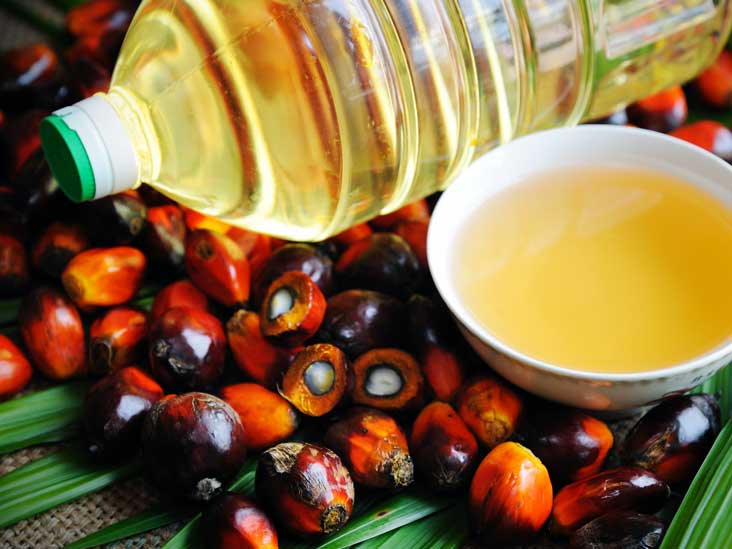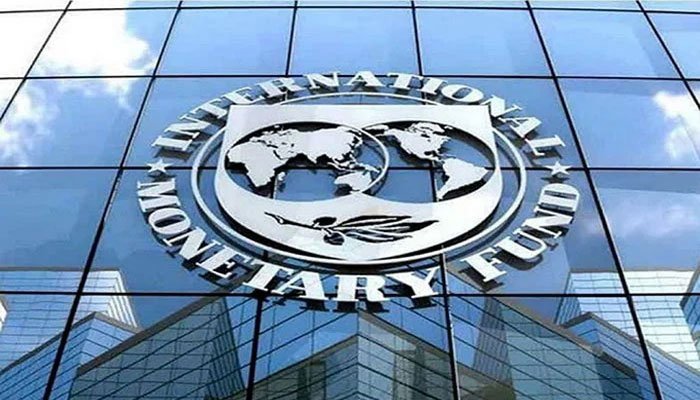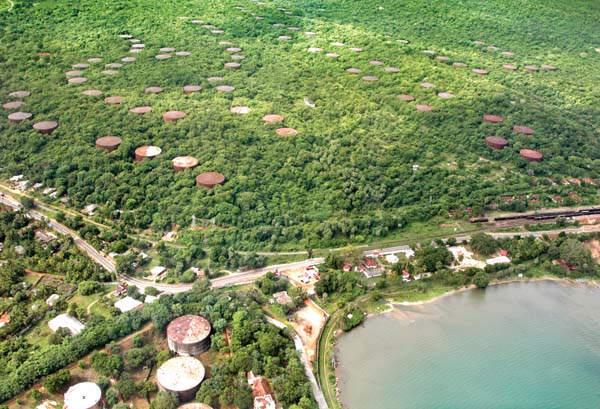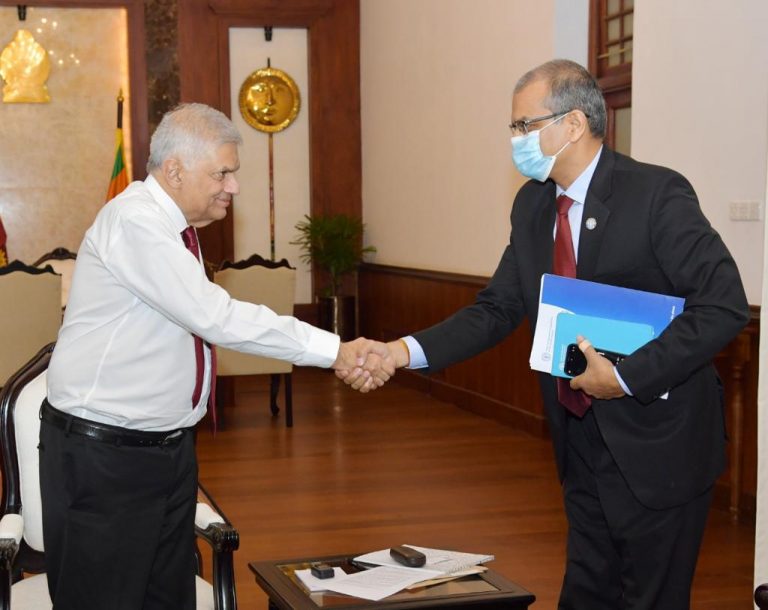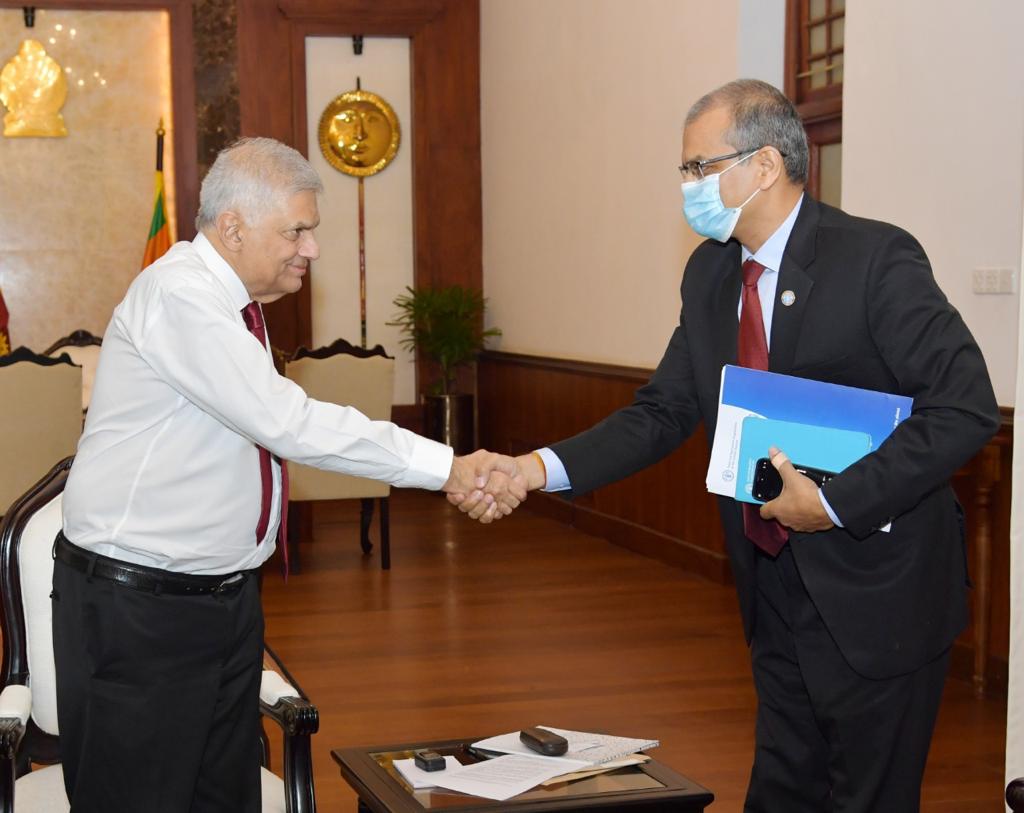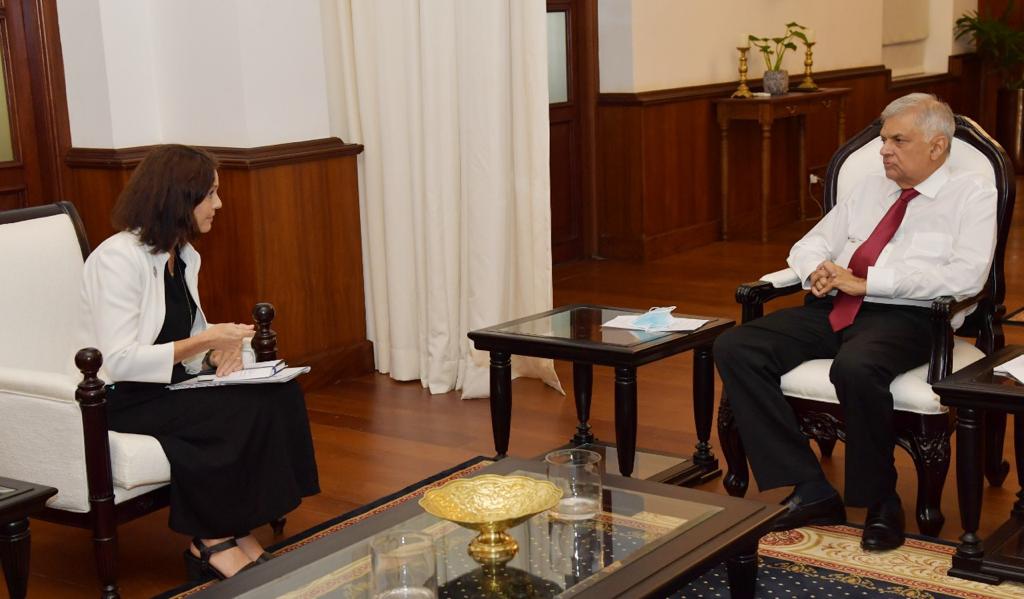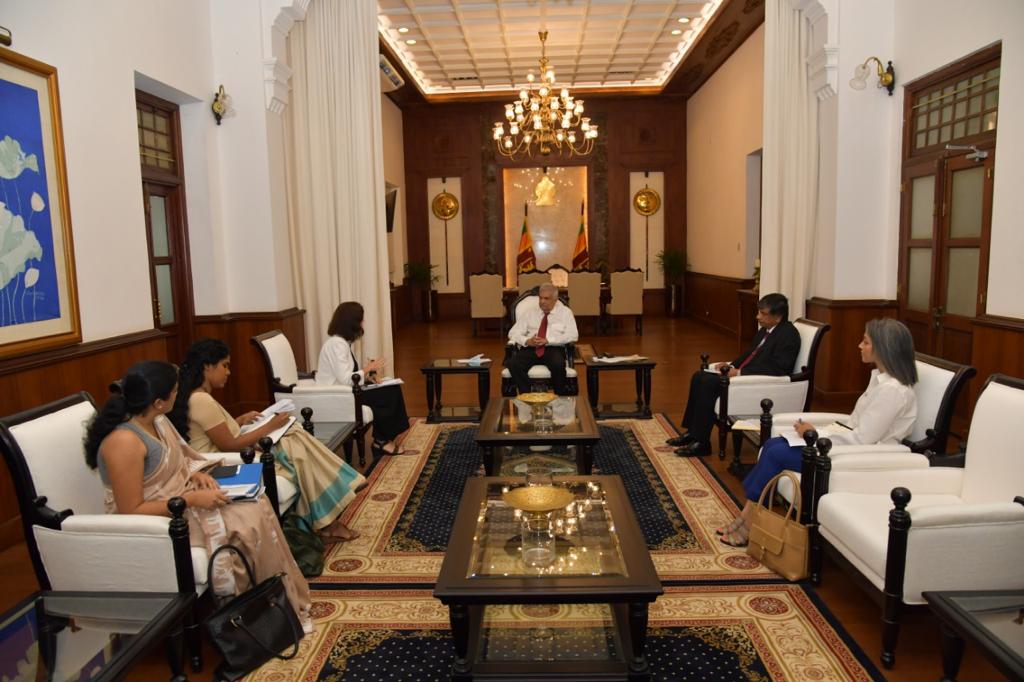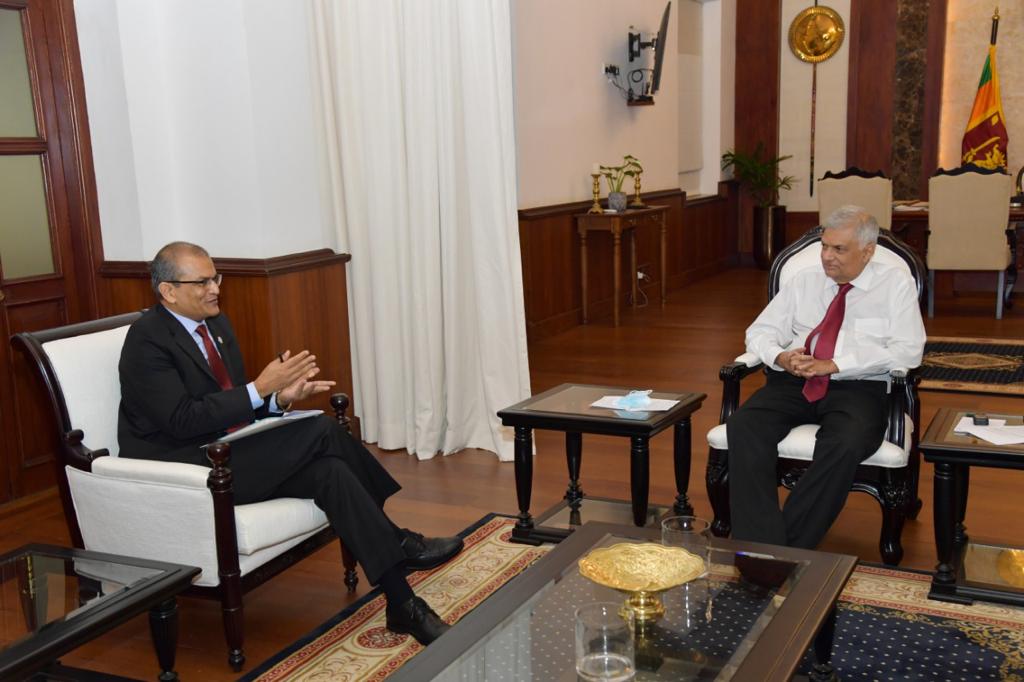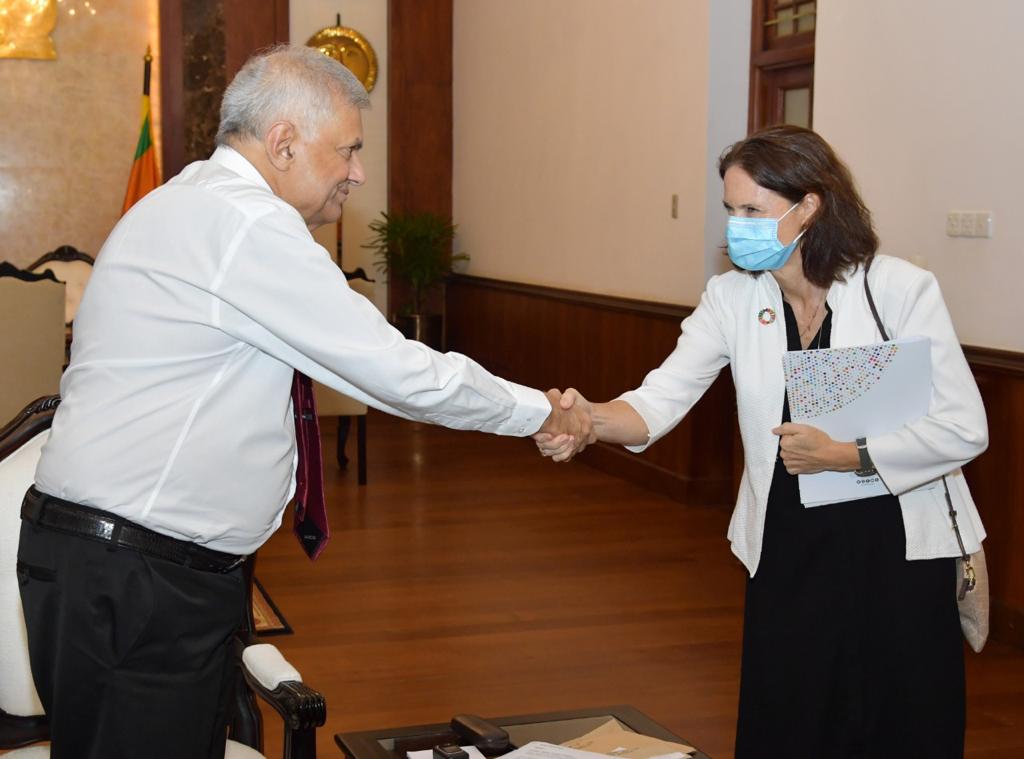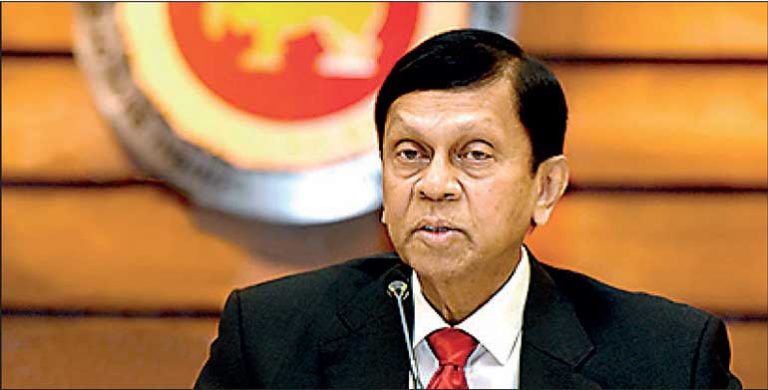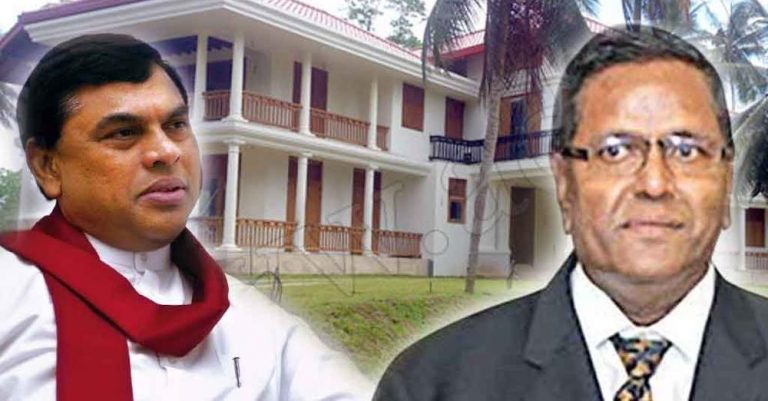The Port of Colombo has been ranked as the most efficient port in South Asia and the Indian Sub-Continent, third in the Indian Ocean rim and 22nd among 370 ports globally.
It has gained this rank in the second edition of the Global Container Port Performance Index (CPPI) 2021, ranking developed by the World Bank and S&P Global Market Intelligence and Financial Services.
The Port of Colombo recorded an all-time high throughput of 7.25 million TEUs in 2021 and continues its growth story, recording a year-on-year growth of 2% for the first five months of 2022 ending in May.
The present terminals in the Port offer almost 4,500 m of quay with depths ranging from 12-18 m, are served by 47 Ship-To-Shore Cranes and over 130Ha of yard space. The SLPA, in addition to its role as Regulator and Landlord, also holds a 15% equity stake in the two private terminals, CICT and SAGT.
The authors of the report said that “despite the centrality of the port to global value chains, one of the major challenges to stimulating improvement has been the lack of a reliable, consistent and comparable basis on which to compare operational performance across different port.
This technical report, which represents the second edition of the Container Port Performance Index (CPPI), has been produced by the Transport Global Practice of the World Bank in collaboration with the Maritime, Trade and Supply Chain division of S&P Global Market Intelligence”.
Sri Lanka Ports Authority (SLPA) Chairman Dr. Prasantha Jayamanna, “The World Bank/S&P Administrative (subjective/expert) and Statistical rankings of Colombo among the top 7% of the ports in the world and the best in South Asia, is a testament to the Port’s position as the primary transhipment hub in South Asia.”
H said “In addition to the valuable contribution made by JCT, the ranking acknowledges the significant role played by our partner terminals, Colombo International Container Terminal (CICT) and South Asia Gateway Terminals (SAGT), who together have made the port what it is today.”
Dr. Jayamanna went on to say that: “Given SLPA’s role as Regulator and Facilitator of port development of Sri Lanka, it is important to record that the Port of Colombo will continue to develop ahead of projected demand.
The , construction has already begun on two new deep water terminals, the East Container Terminal (ECT) by the SLPA and the West Container Terminal (WCT), by a consortium led by Adani Ports and including John Keells Holdings. These developments will progressively add over 7 million TEU of throughput capacity over the next 2-5 years.”
Also commenting on the CPPI ranking, CICT Chief Executive Officer Jack Huang, a member of the China Merchant Port Holdings Group, said: “As the first and currently only deep-water terminal in South Asia capable of handling the largest container ships in service, we are extremely pleased to have played a major role in achieving this ranking by the Port of Colombo.”
“Romesh David, the Chief Executive Officer of SAGT, a consortium led by John Keells Holdings and the AP Moller Maersk Group said: “SAGT has played a catalysing role in launching and contributing to maintain Colombo’s global standing as the preeminent transhipment hub in the region.”

